About Connecting 4 Justice
Connecting 4 Justice International bridges the gap between systems and communities—strengthening families, empowering individuals, and building a more just society.
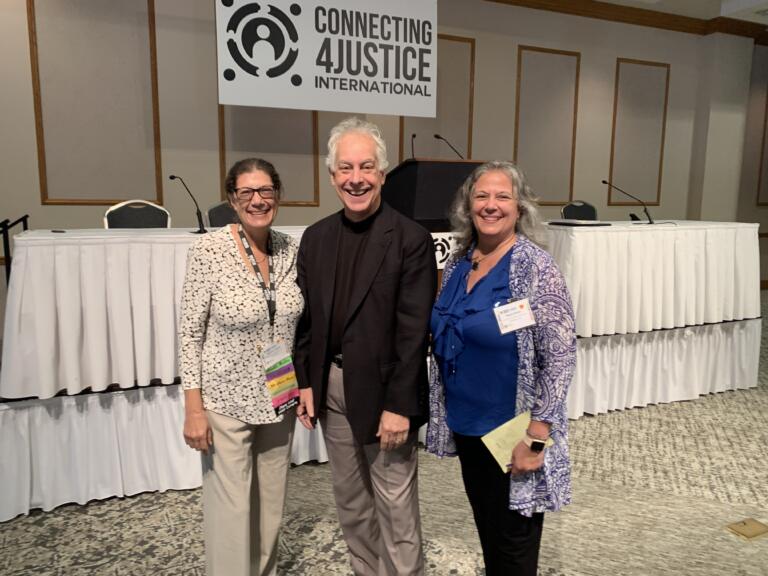
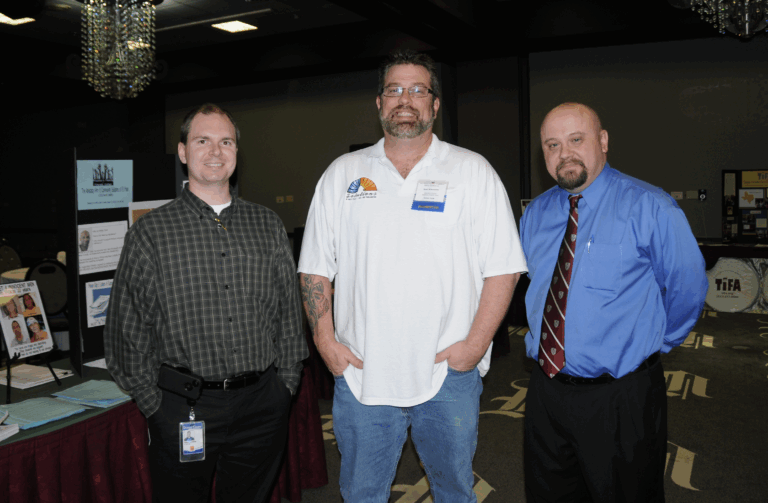
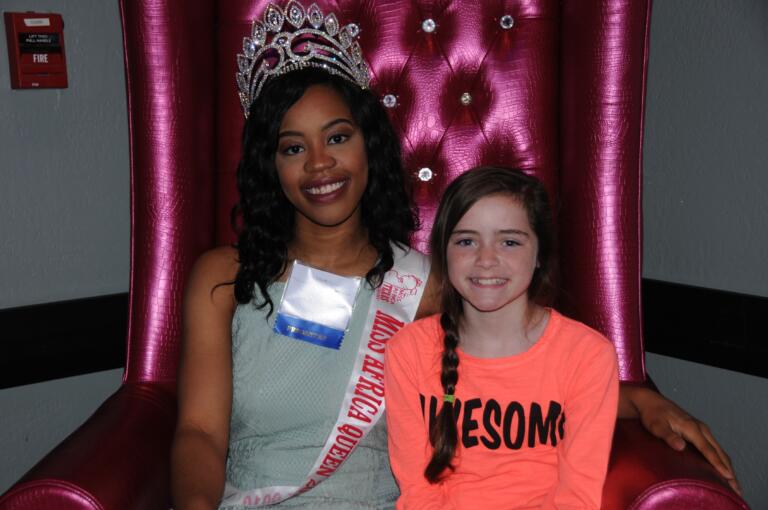
We create positive change at Connecting 4 Justice by working with Law Enforcement
Our Activities in Numbers
Purpose of the Conference
Our Mission – To inspire people to unite and make a difference in the carceral systems.
Our Vision – is to cultivate a more empathetic world for anyone impacted by the carceral systems.
Our Goals – To apply a holistic focus by inspiring positive changes in all persons impacted by carceral systems and to provide a safe space for people across all disciplines and backgrounds to share and discuss innovative solutions towards a just carceral system.
“The Ripple Effect” of the Conference
Initiated in 2009 as a project of Community Solutions of El Paso, a nonprofit grassroots organization then providing services to children and families impacted by the criminal justice system since 2001. The parent organization addressed three critical factors preventing success for far too many returning citizens and their families:
Shame, embarrassment and fear silenced the prison family.
Upon leaving prison, most returning citizens (and their loved ones) wanted to bury the entire traumatic experience. Their resulting silence denied the larger community the opportunity to know the outstanding individuals comprising the prison family.
Hiding in shame and fear created an Empathy Gap
A protective shield that impedes, and in many cases prevents successful community reentry and family reintegration for those affected by incarceration. Unknowing community members worked alongside of former prisoners; sat right next to prison family members in their houses of worship; attended school together with a silent barrier preventing community members from ever knowing their circumstances – their pain.
All persons affected by the criminal justice system are traumatized, and we are all affected and most people don’t even know it.
People fear what they don’t know. The inability to personally know prisoners or their loved ones prevents the community from embracing the exceptional intelligence and talents of those directly impacted by incarceration personally and/or professionally.
Our Board of Directors

Kayla Victor
Texas/Washington
Kayla Victor is a strategy-driven professional with a passion for advocacy and outreach. Her cross-industry experience—spanning communications, marketing, business development, and public affairs—makes her a versatile asset to the board. Kayla is also a dedicated mentor and volunteer, recognized with the President’s Volunteer Service Award Gold Medal (2024). She brings innovation, creativity, and a community-first mindset to every project.

Barbara Allan
New York
Barbara Allan is a pioneering force in justice reform and the founder of Prison Families Anonymous—widely believed to be the first prison family support group in the U.S. A former schoolteacher, her advocacy began in 1968 after her husband’s incarceration. Feeling isolated and overwhelmed, Barbara found solidarity with two other women in a prison waiting room. Together, they built a movement. For over 50 years, Barbara has remained at the helm of Prison Families Anonymous, helping countless families navigate the emotional and systemic toll of incarceration. A tireless advocate in New York, she has served on reentry task forces and the Suffolk County Criminal Justice Council, and sat on the board of the New York Alternatives to the Death Penalty (NYADP) they were able to disband when NY eliminated the death penalty. Her dedication earned her the Public Citizen of the Year Award in New York. Barbara has supported the conference since its second year, calling it her “extended family.” Currently, Barbara is the cofounder of Prison Families Alliance, author, speaker and family advocate.
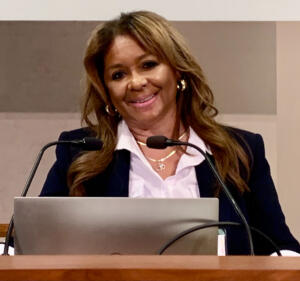
Dr. Avon Hart-Johnson
Washington, D.C.
Dr. Avon Hart-Johnson is a researcher, author, and president of DC Project Connect, a nonprofit offering trauma-informed support to families affected by incarceration. She also leads programming for D.C.’s only halfway house for women. Her groundbreaking Symbolic Imprisonment, Grief, and Coping Theory explores the grief experienced by families of the incarcerated. A recognized leader in reentry and justice reform, Dr. Hart-Johnson serves on several advisory boards and coalitions, including INCCIP (Vice President) and the Advocacy in Action Coalition (Chair). Kayla is also a dedicated mentor and volunteer, recognized with the President’s Volunteer Service Award Gold Medal (2024). She brings innovation, creativity, and a community-first mindset to every project.
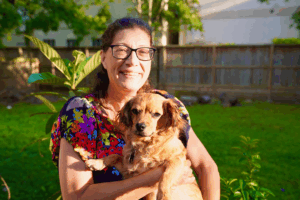
Melissa Victor
Texas
Melissa Victor is a long-time volunteer and advocate with over 16 years of service to the International Prisoners Family Conference. With a degree in Psychology from the University of Houston, Melissa is committed to dismantling the school-to-prison pipeline and advancing racial and systemic justice. Her work with Community Solutions and her deep commitment to equity inform her leadership and advocacy. A proud Texan and dog mom to Shiggity, Melissa believes that change starts with compassion and persistence.
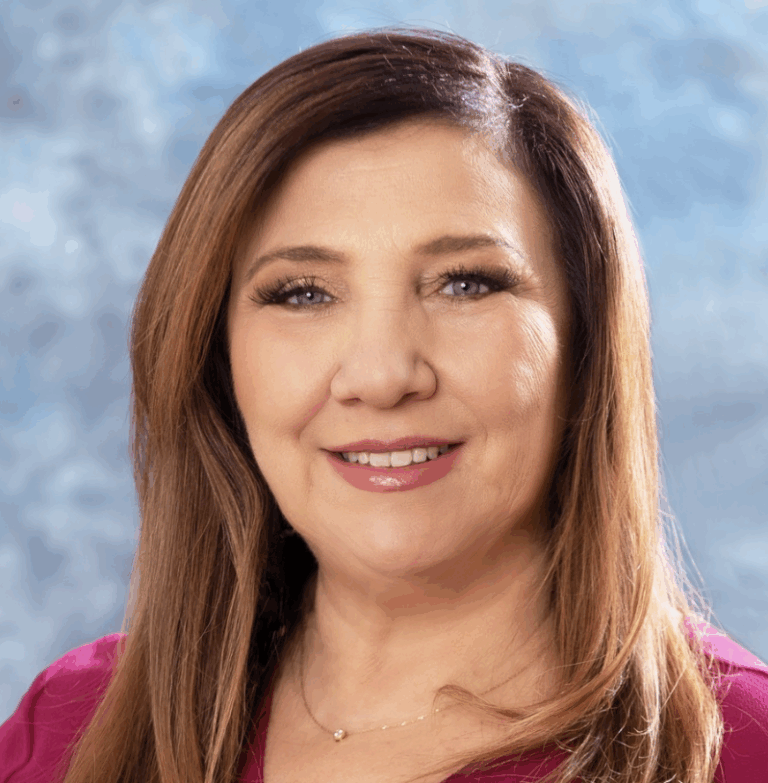
Julia Lazareck
Nevada
Julia Lazareck is the president of Prison Families Alliance, an author, speaker, and host of the Prison: The Hidden Sentence podcast. Her work amplifies the voices of those affected by incarceration and educates the public on how incarceration impacts families. Through storytelling, advocacy, and support resources, Julia helps reduce isolation for families navigating the justice system. She leads conference initiatives focused on children of incarcerated parents..
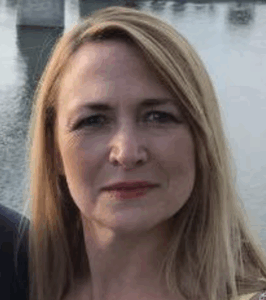
Kimberly Dearman
Texas
Kimberly C. Dearman, a former attorney and landman, brings a strong background in advocacy and transition services. With a B.S. in Psychology from the University of Southern Mississippi and a law degree from Ole Miss, Kimberly began her justice advocacy work in Hattiesburg, MS, serving on the boards of transitional living facilities. Since relocating to Dallas in 2016, she’s been a valued behind-the-scenes contributor to the board, using her legal insight and compassion to support families impacted by incarceration.
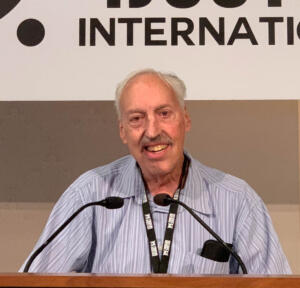
James Prager
Ohio
James Prager is a licensed social worker, author, and justice reform advocate. Since his release from prison in 2000, he’s dedicated his life to advancing reentry programs and humane treatment for incarcerated individuals. A long-standing board member and contributor to Advocacy in Action, Jim combines lived experience with clinical training (MSW) to work for both individual healing and systemic change. His book, Mind of a Molester (under the name Kenneth Quinn), reflects his commitment to difficult, necessary conversations in justice reform.